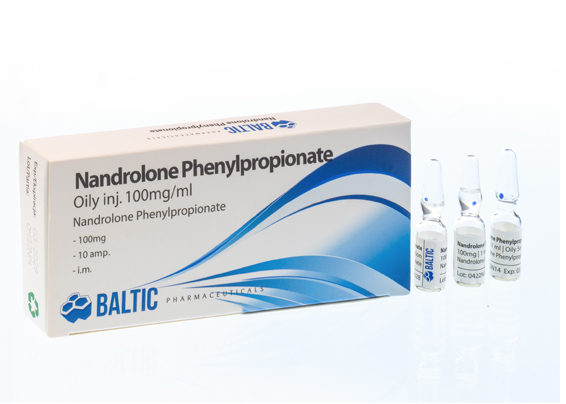Nandrolone Phenylpropionate (NPP) is a popular anabolic steroid used by athletes and bodybuilders to enhance muscle growth and performance. While it offers several benefits, it’s essential to be aware of the potential side effects that may arise from its use. In this article, we will discuss the common side effects of NPP steroid and provide practical tips on how to manage them effectively.
1. Estrogenic Side Effects
One of the primary side effects of NPP steroid is its conversion to estrogen, leading to estrogenic effects such as water retention, gynecomastia (enlargement of breast tissue in males), and increased fat deposition. To manage these side effects:
- Utilize aromatase inhibitors (AI) such as Arimidex or Letrozole to control estrogen levels.
- Monitor your diet and sodium intake to avoid excessive water retention.
- Consider incorporating a mild diuretic to prevent bloating and reduce water retention.
- Engage in regular cardiovascular exercise, which can aid in minimizing fat deposition.
2. Androgenic Side Effects
NPP steroid exhibits moderate androgenic properties, which can result in androgenic side effects including acne, oily skin, accelerated hair loss (in individuals predisposed to male pattern baldness), and increased facial or body hair growth. To manage these side effects:
- Implement a strict skincare routine including regular cleansing and exfoliation to keep skin clean and prevent acne.
- Consider using topical acne treatments or over-the-counter products containing salicylic acid or benzoyl peroxide.
- If experiencing hair loss, explore hair loss prevention options such as minoxidil or additional treatments suggested by a dermatologist.
3. Cardiovascular Side Effects
The use of NPP steroid can potentially affect cardiovascular health by increasing bad cholesterol (LDL) levels and decreasing good cholesterol (HDL) levels. This imbalance may contribute to an increased risk of cardiovascular diseases. To manage these side effects:
- Monitor your lipid profile regularly and consult with a healthcare professional to ensure your cholesterol levels are in check.
- Implement a heart-healthy diet by reducing saturated and trans fats, consuming more fruits and vegetables, and incorporating healthy fats such as omega-3 fatty acids.
- Engage in regular cardiovascular exercise to promote heart health and improve cholesterol levels.
4. Testosterone Suppression
NPP steroid can suppress the body’s natural testosterone production, causing potential side effects such as decreased libido, erectile dysfunction, fatigue, and mood swings. To manage these side effects:
- Consider incorporating a testosterone replacement therapy (TRT) under the guidance of a healthcare professional to restore hormone balance.
- Ensure you incorporate a post-cycle therapy (PCT) after NPP steroid use to help kickstart natural testosterone production.
- Adequate rest and recovery, along with a balanced diet, can support testosterone production and overall well-being.
5. Hepatotoxicity
Although NPP steroid is not known for being highly hepatotoxic, excessive and prolonged use can potentially stress the liver. To manage this potential side effect:
- Avoid alcohol consumption and other substances that can further burden the liver.
- Monitor liver function through regular blood tests.
- Incorporate liver-supportive supplements such as milk thistle or N-acetyl cysteine (NAC).
It’s important to note that the information provided in this article should be used as a general guideline. Every individual reacts differently, and it’s crucial to consult with a healthcare professional before starting any steroid cycle. Their expertise and guidance can help minimize risks and ensure a safe usage of NPP steroid.
Conclusion
While NPP steroid can offer numerous benefits to bodybuilders and athletes, it’s crucial to be aware of the potential side effects that may arise. By managing estrogenic, androgenic, cardiovascular, testosterone suppression, and hepatotoxicity side effects effectively, you can minimize the risks associated with NPP steroid use. Prioritize your health and well-being by consulting with a healthcare professional and maintaining a balanced approach to achieve your fitness goals.




